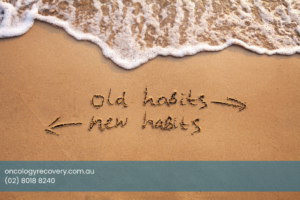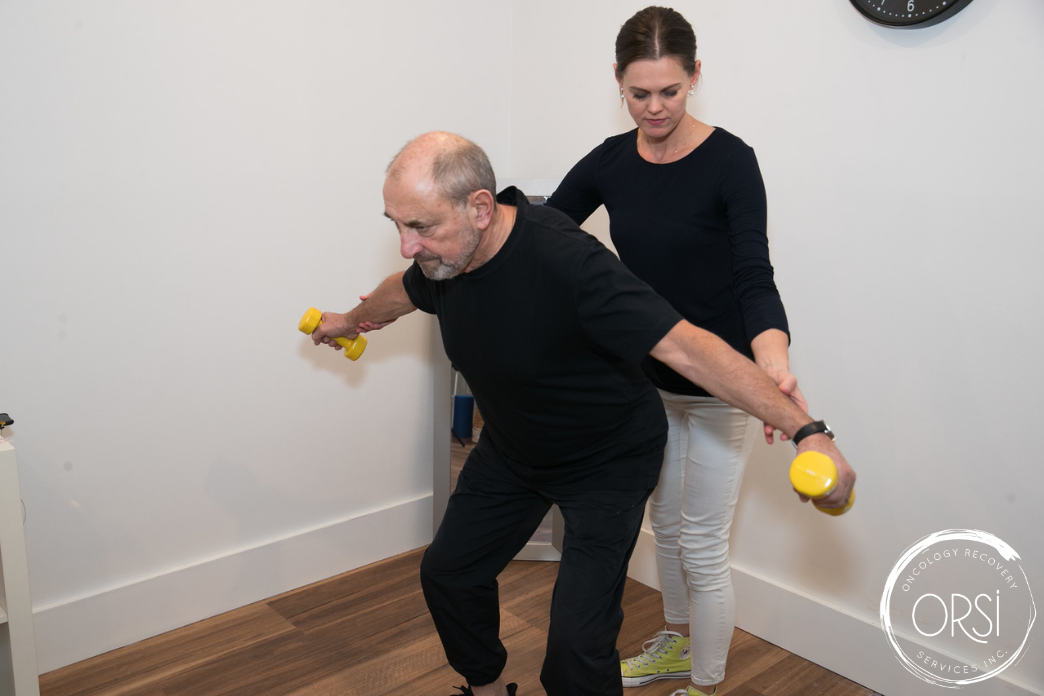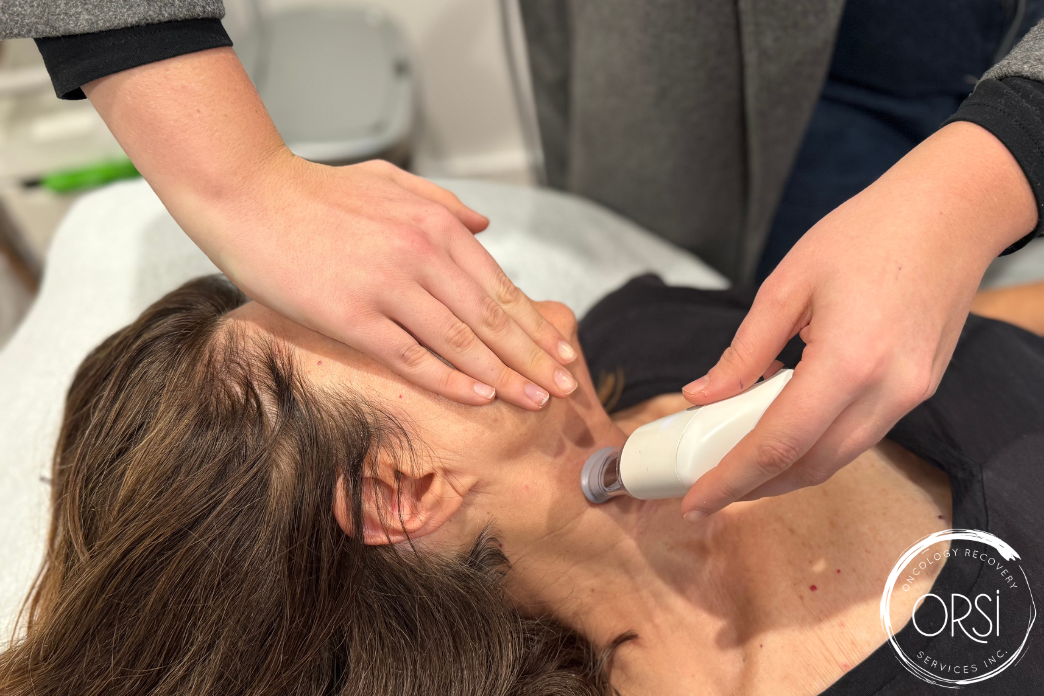Cancer patients face unique challenges in their journey to recovery and long-term health. The MEDS approach, which focuses on Mindset, Exercise, Diet, and Sleep, provides a comprehensive framework that can significantly enhance the well-being of those battling cancer. By addressing both the physical and psychological aspects of health, this approach supports patients in building resilience and improving their quality of life.
Why Is Mindset Crucial for Cancer Recovery?
For cancer patients, maintaining a positive and resilient mindset is essential. The psychological impact of a cancer diagnosis and treatment can be overwhelming, leading to stress, anxiety, and depression. The MEDS approach emphasizes cultivating a growth-oriented mindset that empowers patients to face challenges head-on. By adopting techniques such as meditation, mindfulness, and positive affirmations, patients can better manage stress, improve mental health, and enhance their overall recovery process.
How Does Exercise Support Cancer Patients?
Exercise plays a pivotal role in improving physical and mental health. Regular physical activity, tailored to the patient’s abilities and treatment stage, can help reduce fatigue, improve mood, and maintain muscle strength. The MEDS approach advocates for integrating exercise into daily routines, whether it’s through gentle activities like walking or more structured exercise programs. Research has shown that exercise can also help reduce the risk of cancer recurrence, making it a vital component of a cancer patient’s recovery plan. Read the recommended dose of exercises by the Clinical Oncology Society of Australia here.
What Dietary Changes Can Benefit Cancer Patients?
Nutrition is a critical aspect of cancer care. A balanced diet that provides essential nutrients can help support the immune system, manage treatment side effects, and improve overall well-being. The MEDS approach encourages a diet similar to the Mediterranean diet, which is rich in vegetables, fruits, whole grains, and lean proteins. Such a diet can provide the necessary nutrients to support healing, reduce inflammation, and potentially lower the risk of cancer recurrence. Additionally, limiting alcohol intake is particularly important, as alcohol consumption has been linked to an increased risk of certain cancers.

Why Is Sleep So Important During Cancer Treatment?
Sleep is essential for recovery, yet cancer patients often struggle with sleep due to pain, anxiety, and treatment side effects. The MEDS approach highlights the importance of good sleep hygiene—creating a restful sleep environment, establishing a regular sleep schedule, and using relaxation techniques before bed. Quality sleep helps the body repair itself, supports cognitive function, and can alleviate some of the physical and emotional stress associated with treatment. Prioritising sleep is not just about rest; it’s a crucial part of the healing process.
How Can the MEDS Approach Transform the Lives of Cancer Patients?
The MEDS approach offers cancer patients a holistic strategy to manage their health during and after treatment. By focusing on mindset, exercise, diet, and sleep, patients can improve their physical and mental resilience, reduce the risk of recurrence, and enhance their overall quality of life. This approach is not just about surviving cancer; it’s about thriving beyond it, empowering patients to reclaim control over their health and well-being.

You can book your exercise sessions here
Call our clinic on 8018 8240 if you wish to talk to our counsellor Jo Sullivan









